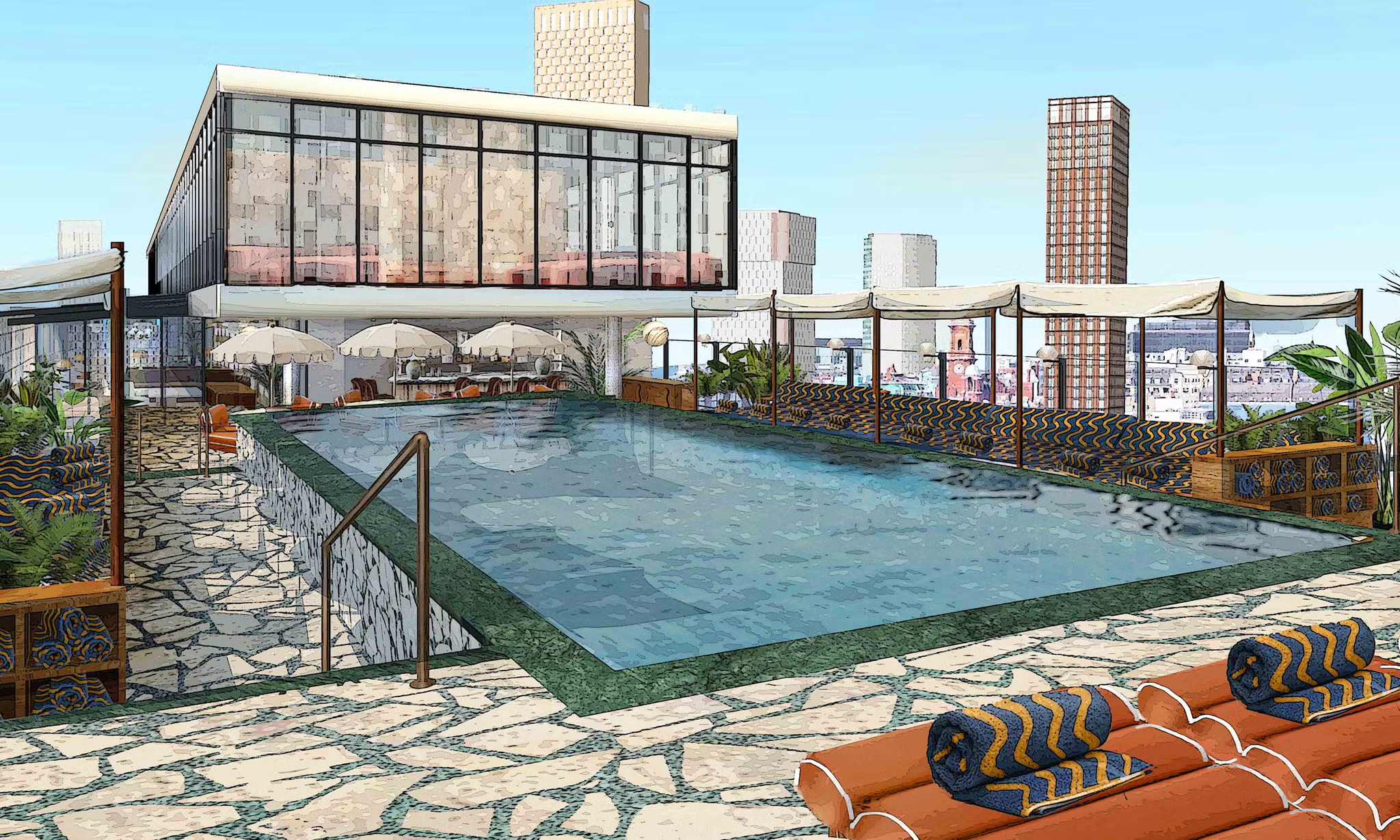Slate mine operator’s high wire act sparks opposition

PLANS by the operator of a working slate mine at Honister Pass in Cumbria to add a Zip Wire attraction at Fleetwith Fell are to be considered by the Lake District National Park Authority’s Development Control Committee next Wednesday, September 7.
Honister Slate Mine is planning to add a 1,200 metre-high zip wire attraction to allow climbers and other adventurers to reach parts of Fleetwith Pike that are currently difficult to access. The firm is planning to offer extreme sports enthusiasts a 3hr trip around higher parts of the fells using a Via Ferratta system of iron rungs and supports.
However, its proposal is being opposed by pressure group Friends of the Lake District which is arguing that the proposed attraction is in one of the most environmentally sensitive areas of the park.
It said that the local wildlife habitat is so valuable that the site has already been named a Site of Special Scientific Interest and a Special Area of Conservation.
Friends’ planning officer Richard Pearse said that the authority’s decision “has implications for the entire ethos of the National Park”.
“This is a line in the sand proposal in our view,” he said. “A recreational development of this scale has never before been allowed upon a remote fell such as this.
“We have major concerns over the impact it would have upon the landscape and general character of the area, and the precedent it would set. There are potentially significant implications for rare wildlife habitats, and the recreational experience of walkers and climbers who use the area currently.”
However, Ellis Butcher of Honister Slate Mine said that opposition to its proposals by the Campaign for the Protection of Rural England and other national bodies was an example of powerful interests from outside the area trying to dictate what happens in the Lake District.
“We are a small family business that has lived and worked in this area for years and this application has historic roots in a former construction that used to exist here on the mountainside,” he said.
“As a working tourism business, we have personal daily experience of the declining interest in the Lake District National Park among visitors and the statistics suggest that young people are heading to South Africa and New Zealand for new and exciting rural adventure.
“The National Park has to be released from the shackles of bureaucracy and be allowed to become a proper, living, working, thriving environment for the people and businesses which operate here.”
Mr Butcher said that although fell land should be protected, there should also be “some degree of latitude and tolerance” towards development in industrialised areas such as Honister.
Slate had been mined at Honister since the early 18th Century and it continued as a working mine until construction firm Alfred McAlpine ceased operations in the late 1980s.
The mine was eventually bought by entrepreneur Mark Weir in 1997, who redeveloped it as a tourist attraction. Mr Weir was killed in a helicopter accident earlier this year, but the mine remains in family hands.
Butcher said the mine’s dependence on tourism “should be properly recognised and not strangled – otherwise the killjoys, jobsworths and lawyers will mummify the area for the enjoyment only of a very small minority”.
The proposal has polarised opinion locally, having received backing from Cumbria Tourism, but objections from the CPRE, the Cumbria Wildlife Trust, Natural England, the British Mountaineering Council and the Ramblers’ Association, among others.
A spokesman for Cumbria Tourism said that the project fits with the National Park’s own management plan to promote the area as England’s “Adventure Capital”.
“The proposed Honister zip wire will in our view provide visitors a high quality and unique experience, whilst ensuring the impact on this stunning setting is sympathetically managed,” he said.
“Indeed, this experience offers to opportunity to compete with the best in the international market, and will at the same time create new jobs, sustain the slate mining business and attract new and younger audiences to experience the area for themselves.”
In a separate case, Natural England recently brought proceedings under the Wildlife and Countryside Act 1981 against Honister Slate Mine which argued that “unauthorised recreational activities were likely to damage the Honister Crag Site of Special Scientific Interest (SSSI).
The Slate Mine was subsequently fined, and Natural England has said it is concerned the zip wire proposal could cause further damage.








